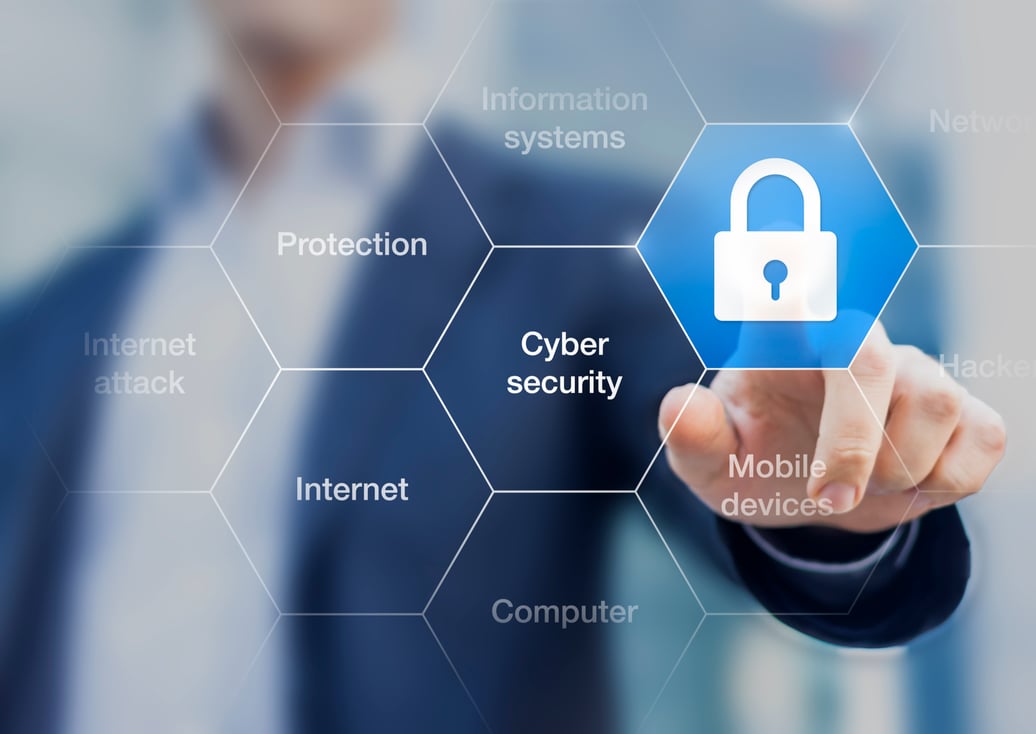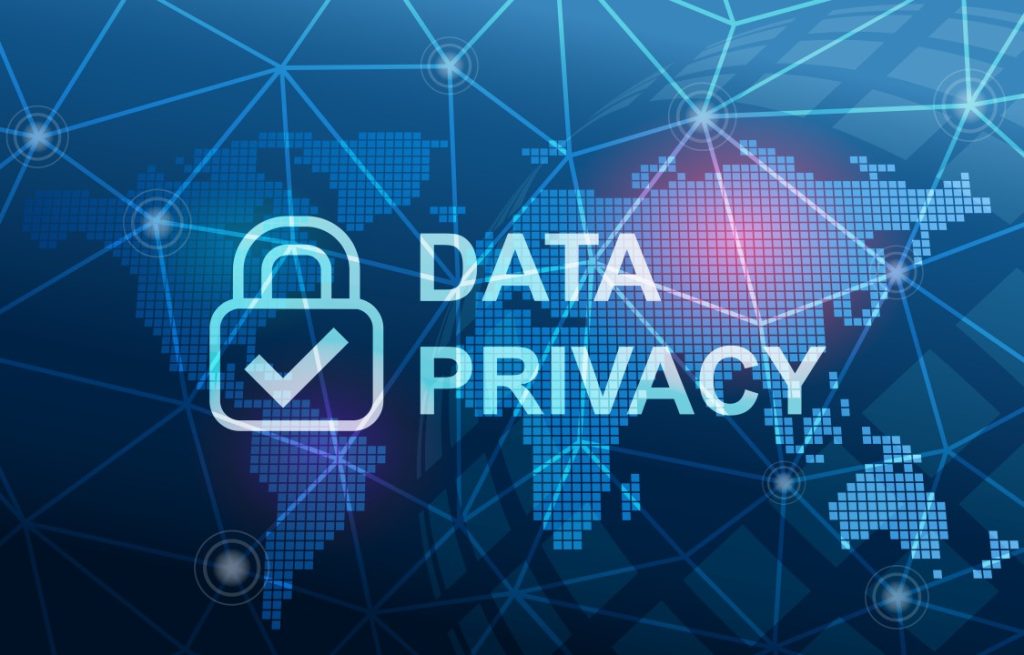Best Operating Systems for Security – Anonymity, and Privacy
Enhancing Your Digital Safety and Privacy
Introduction
In an increasingly interconnected world, where our digital footprints can be easily traced and exploited, ensuring the security, anonymity, and privacy of our online activities has become paramount. Choosing the right operating system (OS) can greatly influence the level of protection you receive. In this article, we will explore the best operating systems for security and anonymity. And also privacy, highlighting their features, benefits, and use cases. Whether you are a tech-savvy individual, a privacy-conscious user, or a professional working with sensitive information. This guide will help you make an informed decision.

1. Windows 11: Balancing Security and User Experience
Windows 11, the latest offering from Microsoft, boasts several security enhancements designed to protect user privacy and safeguard against cyber threats. With its improved Secure Boot mechanism and virtualization-based security, Windows 11 establishes a strong foundation for a secure computing environment.
1.1 Secure Boot: Strengthening System Integrity
Windows 11 incorporates Secure Boot, a security feature that ensures only digitally signed and trusted operating system components and drivers are loaded during the boot process. This prevents unauthorized code execution and mitigates the risk of malware infiltrating the system.
1.2 Virtualization-based Security: Safeguarding Sensitive Information
Utilizing hardware virtualization capabilities, Windows 11 employs a virtualization-based security (VBS) architecture, isolating critical system processes and sensitive data from potential exploits. VBS enhances the protection of credentials, secrets, and other critical information, providing an additional layer of defense against sophisticated attacks.
2. macOS Monterey: Privacy-Focused Elegance
macOS Monterey, the latest iteration of Apple’s renowned operating system, elevates privacy and security to new heights while offering a seamless and intuitive user experience. Packed with innovative features, macOS Monterey empowers users with comprehensive control over their data and online interactions.
2.1 App Privacy Report: Transparency at Your Fingertips
macOS Monterey introduces the App Privacy Report, allowing users to easily track how apps access their personal data. This feature provides valuable insights into an app’s behavior, including network activity and data access, ensuring that users remain in control of their sensitive information.
2.2 Mail Privacy Protection: Guarding Your Email Activity
With Mail Privacy Protection, macOS Monterey enhances the security of your email communications. This feature hides your IP address and prevents senders from knowing when you have opened an email, preserving your privacy and shielding you from potential tracking attempts.
3. Linux: The Freedom of Customization and Security
Linux, a versatile open-source operating system, offers a range of distributions that prioritize security and privacy. Renowned for its robustness and flexibility, Linux provides a secure foundation for various use cases, from personal computing to enterprise-level deployments.
3.1 Tails: Privacy-Focused Linux Distribution
Tails, short for “The Amnesic Incognito Live System,” is a privacy-focused Linux distribution that routes all internet connections through the Tor network. Tails ensure that your online activities are anonymized, leaving no traces behind. It includes pre-installed privacy tools and is designed to be used on untrusted systems, making it an ideal choice for journalists, activists, and individuals seeking maximum anonymity.
3.2 Qubes OS: Isolation for Enhanced Security
Qubes OS takes a unique approach to security by implementing virtualization-based isolation. It compartmentalizes different tasks and applications within individual virtual machines (VMs), preventing malware from spreading across the system. Qubes OS is a robust choice for users who prioritize strong isolation and security boundaries, making it suitable for highly sensitive environments.
4. Android: Privacy on the Go
Android, the world’s most popular mobile operating system, offers various privacy-focused features and customizable options. With its vast ecosystem of applications and seamless integration with Google services, Android provides users with a balance between convenience and privacy.
4.1 Privacy Dashboard: Control at Your Fingertips
Android introduces the Privacy Dashboard, a centralized hub that empowers users to monitor and manage app permissions, location access, and other privacy-related settings. This transparency allows users to make informed decisions about their data and enhance their overall privacy.
4.2 GrapheneOS: Privacy-Enhanced Android Distribution
GrapheneOS, a privacy-focused Android distribution, emphasizes security and privacy without compromising the user experience. With its hardened security features, stringent sandboxing mechanisms. And enhanced permission management, GrapheneOS offers robust protection against threats while preserving user privacy.
5. Best Practices for Securing Your Operating System
In addition to choosing a secure operating system, implementing best practices can further enhance the security, anonymity, and privacy of your digital life. Here are some essential tips to consider:
- Regularly update your operating system and applications to ensure you have the latest security patches and bug fixes.
- Utilize strong, unique passwords for all your accounts and enable two-factor authentication (2FA) whenever possible.
- Be cautious when downloading and installing applications, ensuring they are from trusted sources.
- Use a reliable antivirus solution and keep it up to date to defend against malware and other threats.
- Encrypt your sensitive data, such as files and communications, to protect them from unauthorized access.
- Practice safe browsing habits, such as avoiding suspicious websites and phishing attempts.
FAQs About Operating Systems for Security, Anonymity, and Privacy
Q1: Which operating system is the most secure for online banking and financial transactions?
A1: Both Windows 11 and macOS Monterey offer robust security features for online banking and financial transactions. However, macOS Monterey’s stringent privacy controls. And security architecture make it an excellent choice for users seeking enhanced protection in this regard.
Q2: Can I use Linux distributions like Tails or Qubes OS on my everyday computer?
A2: Tails and Qubes OS provide exceptional security and privacy features. They might require a learning curve and specialized hardware support. If you are a privacy-conscious user, it’s worth exploring these distributions and their system requirements to determine their suitability for your needs.
Q3: Can I install Linux on my existing Windows or macOS system? A3: Yes, Linux distributions can be installed alongside Windows or macOS systems using dual-boot or virtualization methods. However, it’s crucial to back up your data and follow proper installation instructions to avoid any data loss or system conflicts.
Q4: Are there any privacy-focused alternatives to the Android operating system?
A4: Yes, several privacy-focused mobile operating systems are available as alternatives to Android. Examples include LineageOS and /e/OS, which aim to provide enhanced privacy controls, reduced tracking, and increased user control over their personal data.
Q5: How can I ensure the privacy and security of my operating system on a public Wi-Fi network?
A5: When using a public Wi-Fi network, consider using a virtual private network (VPN) to encrypt your internet traffic and protect your data from potential eavesdropping. Additionally, ensure that your operating system’s firewall is enabled to block unauthorized access attempts.
Q6: Are there any privacy-enhancing browser extensions or plugins I should consider?
A6: Yes, several browser extensions and plugins can enhance your privacy while browsing. Examples include uBlock Origin for ad-blocking, HTTPS Everywhere for secure browsing, and Privacy Badger for blocking tracking technologies.
Conclusion: Choose Security, Anonymity, and Privacy
In an era where digital threats and privacy intrusions are commonplace, selecting an operating system that prioritizes security, anonymity, and privacy is crucial. Whether you opt for Windows 11, macOS Monterey, Linux distributions like Tails or Qubes OS, or privacy-focused alternatives for Android, each option offers unique features and benefits to suit different user requirements.
By following best practices and implementing additional security measures, you can further fortify your digital defenses. Regular updates, strong passwords, encryption, and safe browsing habits contribute to a safer and more private online experience.
Remember, protecting your digital life is an ongoing endeavor, and staying informed about the latest security developments is essential. Choose an operating system that aligns with your priorities, preferences, and use cases, and embrace the power of security, anonymity, and privacy.
You can also buy instant:


Cashapp Money Transfer Click here
Paypal Money Transfer Click here
Western Union Money Transfer Click here
Venmo Money Transfer Click here
Bank Money Transfer Click here to Contact Us

